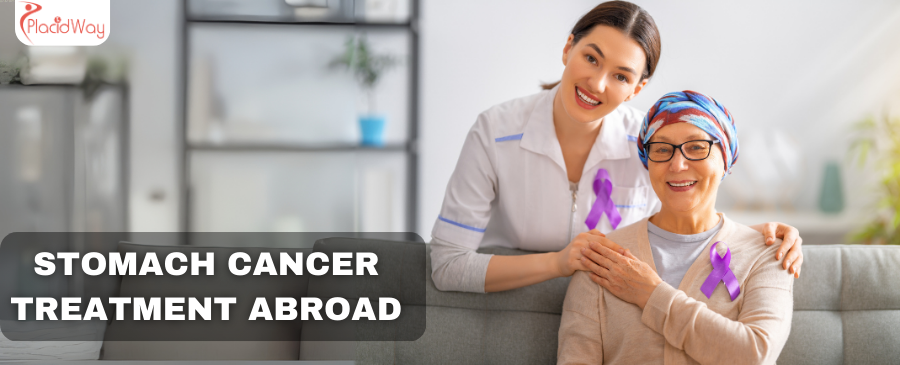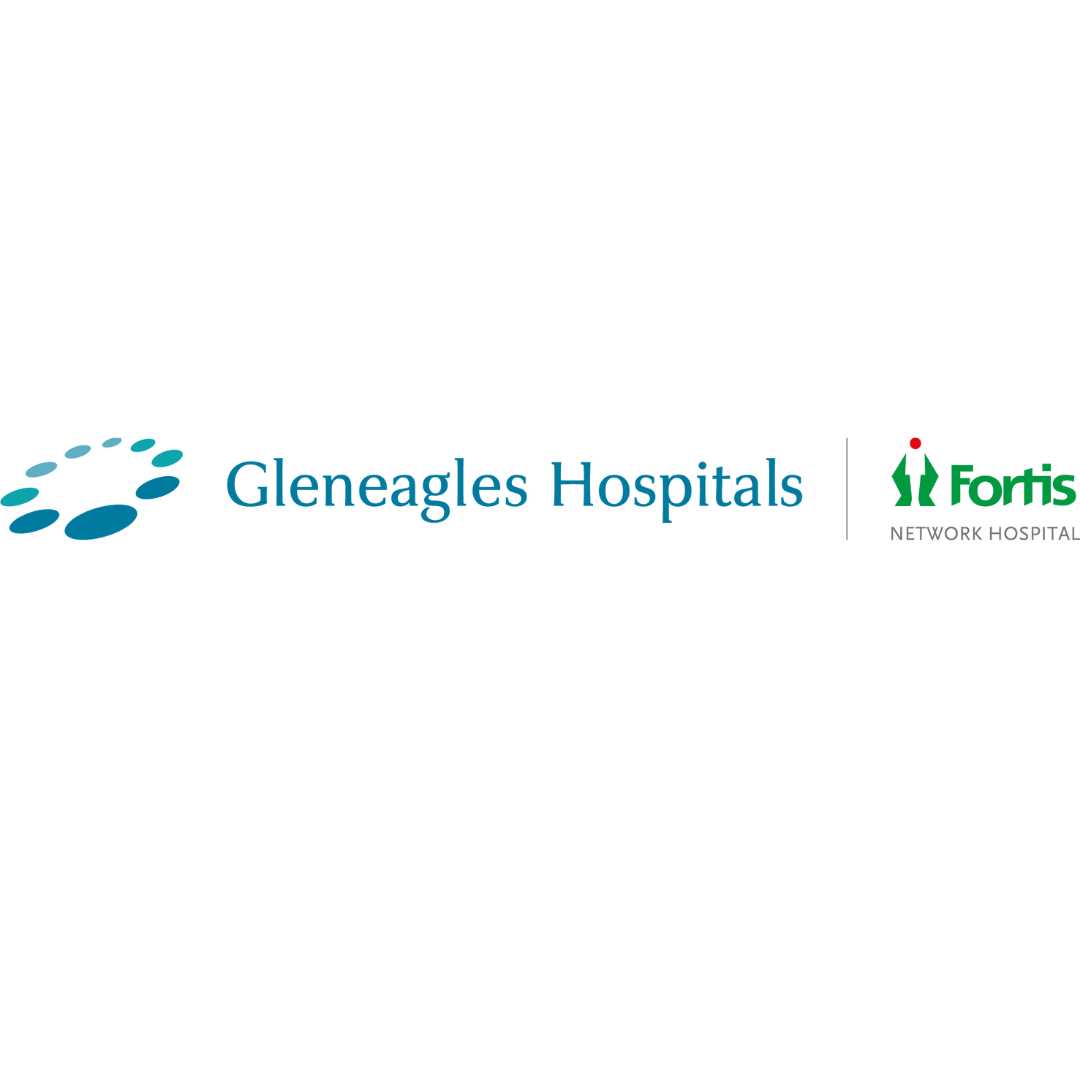
Navigating Stomach Cancer: Your Global Treatment Options for Gastric Cancer
Receiving a stomach cancer diagnosis can be overwhelming, bringing with it a flood of questions and concerns about treatment options, costs, and the journey ahead. Also known as gastric cancer, this condition arises when abnormal cells grow uncontrollably in the stomach lining. While it's a challenging diagnosis, significant advancements in medical science mean there are many effective treatments available today, offering hope and improved outcomes for patients worldwide.
For many, particularly those seeking specialized care, better value, or shorter waiting lists, exploring stomach cancer treatment abroad has become a viable and attractive option. Medical tourism provides access to world-class hospitals and renowned specialists who are at the forefront of gastric cancer research and treatment. Whether you're searching for "affordable stomach cancer surgery," "innovative gastric cancer therapies," or "best cancer treatment centers overseas," understanding your options is the first step toward regaining control.
This guide aims to provide a comprehensive overview of stomach cancer, from understanding its symptoms and causes to exploring the various treatment modalities and the practicalities of seeking care internationally. We'll delve into common patient questions, such as "What are the warning signs of stomach cancer?" or "How much does gastric cancer treatment cost globally?" and illuminate the path to recovery with clarity and empathy.
What are the warning signs of gastric cancer?
Recognizing the symptoms of stomach cancer is crucial for early detection and better treatment outcomes. Unfortunately, early-stage stomach cancer often presents with no symptoms or very mild ones that are easily mistaken for common digestive issues. As the disease progresses, symptoms become more noticeable. Pay attention to:
- Persistent Indigestion and Heartburn: More than just occasional discomfort after eating.
- Abdominal Pain or Discomfort: Especially in the upper abdomen.
- Feeling Full After Eating Small Amounts: Also known as early satiety.
- Nausea and Vomiting: Which may include vomiting blood (hematemesis).
- Unexplained Weight Loss: A significant drop in weight without trying.
- Difficulty Swallowing (Dysphagia): This can worsen over time.
- Fatigue and Weakness: Often due to anemia from blood loss in the stool.
- Black, Tarry Stools (Melena): Indicating bleeding in the digestive tract.
If you experience any of these symptoms persistently, especially if you are concerned about "stomach cancer symptoms to look out for," it's vital to consult a doctor. Early detection significantly improves treatment success rates.
What increases your risk of stomach cancer?
While the exact cause of stomach cancer is not always clear, certain risk factors are strongly associated with its development. Understanding these can help in prevention or early screening if you are at higher risk. Patients often ask, "What causes gastric cancer?" or "Am I at risk for stomach cancer?"
- Helicobacter pylori (H. pylori) Infection: This common bacterium can cause chronic inflammation and ulcers, significantly increasing risk.
- Diet: A diet high in smoked, salted, and pickled foods, and low in fruits and vegetables, is linked to higher risk.
- Smoking: Smokers are twice as likely to develop stomach cancer as non-smokers.
- Obesity: Being overweight or obese increases the risk of cancer in the upper part of the stomach.
- Family History: A history of stomach cancer in close relatives increases individual risk.
- Age: Risk increases with age, most commonly diagnosed in people over 60.
- Certain Medical Conditions: Including pernicious anemia, chronic atrophic gastritis, and some types of polyps.
- Genetic Syndromes: Such as Lynch syndrome or hereditary diffuse gastric cancer.
It's important to remember that having one or more risk factors doesn't mean you will get stomach cancer, but it does warrant a discussion with your doctor about screening and preventive measures.
What are the main treatments for gastric cancer?
The approach to treating stomach cancer is highly individualized, depending on the cancer's stage, location, the patient's overall health, and specific genetic markers of the tumor. Common patient searches include "gastric cancer treatment options," "surgery for stomach cancer," or "new treatments for gastric cancer."
- Surgery: This is often the primary treatment, especially for early-stage cancer. It involves removing part or all of the stomach (partial or total gastrectomy) and nearby lymph nodes. In some cases, minimally invasive laparoscopic surgery is possible.
- Chemotherapy: Uses powerful drugs to kill cancer cells or slow their growth. It can be given before surgery (neoadjuvant) to shrink the tumor, after surgery (adjuvant) to kill remaining cells, or for advanced cancer to control symptoms and prolong life.
- Radiation Therapy: Uses high-energy rays to kill cancer cells. It's often combined with chemotherapy (chemoradiation) to enhance its effects, usually before or after surgery.
- Targeted Therapy: These drugs specifically target certain genes or proteins involved in cancer growth, like HER2-positive stomach cancer. They often have fewer side effects than chemotherapy.
- Immunotherapy: Helps your body's immune system fight cancer. Drugs like checkpoint inhibitors can be effective for advanced stomach cancer, particularly in patients whose tumors express certain biomarkers.
A multidisciplinary team of specialists, including oncologists, surgeons, and radiation oncologists, will work together to develop the most effective treatment plan for you.
Am I a candidate for stomach cancer surgery or therapy overseas?
Determining your eligibility for stomach cancer treatment, especially when considering options abroad, involves a comprehensive medical evaluation. Clinics overseas often assess criteria similar to those in your home country, but may also have specific protocols. Patients frequently ask, "Who is eligible for stomach cancer treatment?" or "Can I get gastric cancer treatment in another country?"
- Diagnosis Confirmation: You'll need a definitive diagnosis, typically through endoscopy with biopsy, and staging scans (CT, PET, MRI) to determine the extent of the cancer.
- Overall Health: Your general health, including any pre-existing conditions, will be assessed to ensure you can withstand the proposed treatment, particularly surgery and chemotherapy.
- Cancer Stage: Treatment approaches vary significantly by stage. Early-stage cancers might be candidates for curative surgery, while advanced stages might focus on palliative care or novel therapies.
- Treatment History: If you've already undergone treatment, clinics will review your previous therapies and their outcomes.
- Financial Considerations: While often more affordable, you must consider the costs of treatment, travel, and accommodation.
- Medical Records: You will need to provide comprehensive medical records, including pathology reports, imaging scans, and prior treatment summaries, for evaluation by international specialists.
Many patients seeking "second opinions for stomach cancer" or "innovative gastric cancer clinical trials" find opportunities abroad that might not be readily available locally.
What are the potential complications of gastric cancer therapy?
Like any medical treatment, therapies for stomach cancer come with potential risks and side effects. It's important to discuss these thoroughly with your medical team to understand what to expect. Common concerns include "side effects of chemotherapy for stomach cancer" or "risks of stomach cancer surgery."
- Surgical Risks:
- Infection at the incision site.
- Bleeding.
- Anastomotic leak (where parts of the digestive tract are reconnected).
- Pneumonia or other lung complications.
- Blood clots.
- Long-term issues like dumping syndrome, vitamin deficiencies (B12, iron), and weight loss.
- Chemotherapy Side Effects:
- Nausea and vomiting.
- Fatigue.
- Hair loss.
- Mouth sores.
- Increased risk of infection due to lowered white blood cell count.
- Neuropathy (numbness or tingling).
- Radiation Therapy Side Effects:
- Skin irritation in the treated area.
- Fatigue.
- Nausea and vomiting.
- Esophagitis (inflammation of the esophagus) if radiation affects that area.
- Targeted Therapy and Immunotherapy Side Effects: Generally more specific, but can include skin rashes, diarrhea, fatigue, and immune-related adverse events.
Your medical team will work to prevent and manage these side effects, ensuring the best possible quality of life during and after treatment.
What are the benefits of traveling overseas for gastric cancer care?
The decision to seek medical care abroad for a serious condition like stomach cancer is often driven by a combination of factors. Patients frequently ask, "Why go abroad for cancer treatment?" or "What are the advantages of international gastric cancer care?"
- Cost-Effectiveness: As seen in the table above, costs for similar quality treatment can be substantially lower in countries like India, Turkey, or Mexico compared to Western nations.
- Access to Advanced Therapies: Some countries excel in specific cancer treatments, offering cutting-edge surgical techniques, novel targeted therapies, or participation in clinical trials that may not be available in a patient's home country.
- Shorter Wait Times: In countries with universal healthcare systems, long waiting lists for specialist consultations, diagnostics, or surgery can be a significant concern. Medical tourism often bypasses these delays.
- Second Opinions and Specialist Expertise: Access to a diverse pool of highly experienced oncologists and surgeons who specialize in gastric cancer, providing fresh perspectives and confirming diagnoses or treatment plans.
- Privacy and Confidentiality: Some patients prefer the anonymity and discretion that medical travel can provide.
- High-Quality Care: Many international hospitals are JCI-accredited, adhering to stringent international standards of patient safety and quality.
How do I prepare for international medical travel for cancer?
Traveling abroad for stomach cancer treatment requires careful planning to ensure a smooth and stress-free experience. Patients often inquire, "What should I do before traveling for cancer treatment?" or "Tips for medical tourism for gastric cancer."
- Gather Medical Records: Compile all diagnostic reports, pathology results, imaging scans, and previous treatment summaries. Have them translated into English (or the local language, if necessary).
- Consult with a Medical Tourism Facilitator: Services like PlacidWay can help with clinic selection, appointment scheduling, treatment quotes, travel logistics, and even accommodation.
- Visa and Travel Documents: Ensure your passport is valid and apply for any necessary medical visas well in advance. Check travel advisories.
- Financial Planning: Confirm all costs, including treatment, travel, accommodation, food, and interpreter services. Have funds readily available.
- Accommodation and Transport: Arrange suitable accommodation near the hospital and plan transportation for appointments.
- Communication: If there's a language barrier, ensure interpreter services are arranged. Many international hospitals have multilingual staff.
- Post-Treatment Plan: Discuss recovery duration, follow-up care, and what to expect upon returning home with both your overseas and local doctors.
- Travel Insurance: Consider comprehensive travel insurance that covers medical emergencies and trip cancellations.
Can I read testimonials of people who traveled for gastric cancer treatment?
Hearing from others who have successfully navigated stomach cancer treatment abroad can be incredibly encouraging and informative. These patient success stories offer real-world perspectives on the experience, from the quality of care to the logistics of international travel. Many individuals search for "stomach cancer survivor stories abroad" or "medical tourism success gastric cancer."
- PlacidWay Testimonials: Our platform, PlacidWay, frequently shares patient experiences and success stories from individuals who found their ideal stomach cancer treatment options through our network of international clinics.
- Clinic Websites: Reputable international hospitals often feature video testimonials or written accounts from their international patients.
- Forums and Support Groups: Online cancer forums and medical tourism discussion groups can be a great place to connect with others who have undergone similar journeys and read their honest feedback.
- Third-Party Review Sites: Websites specializing in medical travel reviews can also provide unbiased insights into clinics and procedures.
These stories often highlight not just the medical success but also the compassion of the staff, the efficiency of the process, and the peace of mind gained from accessing high-quality, affordable care. They serve as powerful motivators and guides for those considering treatment overseas.
Take the Next Step with PlacidWay
Ready to explore treatment options abroad? Discover top clinics, compare prices, and get a free quote tailored to your needs with PlacidWay.
Cancer Treatment Abroad, Breast Cancer, Lung Cancer





.png)
.png)
.png)
.png)

Share this listing